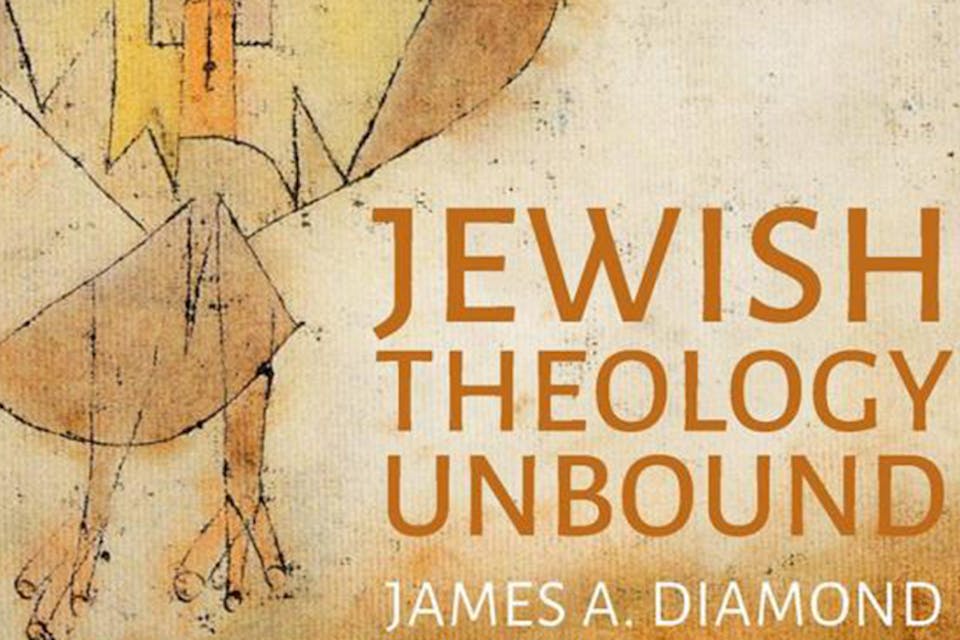
November 6, 2019
What Kind of God Is the God of the Jews?
For thousands of years both friends and enemies of Judaism have labeled it a religion of deed rather than creed, of law rather than faith. A new book firmly and fervently disagrees.
Since at least the 1st century CE, both friends and enemies of Judaism have labeled it a religion of deed rather than creed. “Christ hath redeemed us from the curse of the law,” wrote the apostle Paul, producing in the minds of some of his readers a distinction between an austere, legalistic, and even obscurantist tradition derived from the Hebrew Bible and a Christianity that, on this account, rises above the mundane in contemplation of the nature of God and of all that is.
In a provocative new book, Jewish Theology Unbound, James Diamond, a professor of Jewish thought at the University of Waterloo in Canada, defends Judaism from a charge often wielded against it as a calumny. Yet he does not adopt what might seem to be the natural first defense of the legal world that Judaism has built—namely, that by focusing on the practice and study of laws, the details of life, Judaism leads its adherents to apprehend and reflect upon God’s will and to live lives infused with moral and religious principle.
Instead, Diamond rejects the premise that Judaism is solely a religion of law. In his new book, he makes the case that the key texts of Judaism, especially the Hebrew Bible, present a sophisticated theology, one that lucidly and rigorously addresses ultimate questions about the character of God and His relationship to His creation, to human beings, and to the Jewish people.